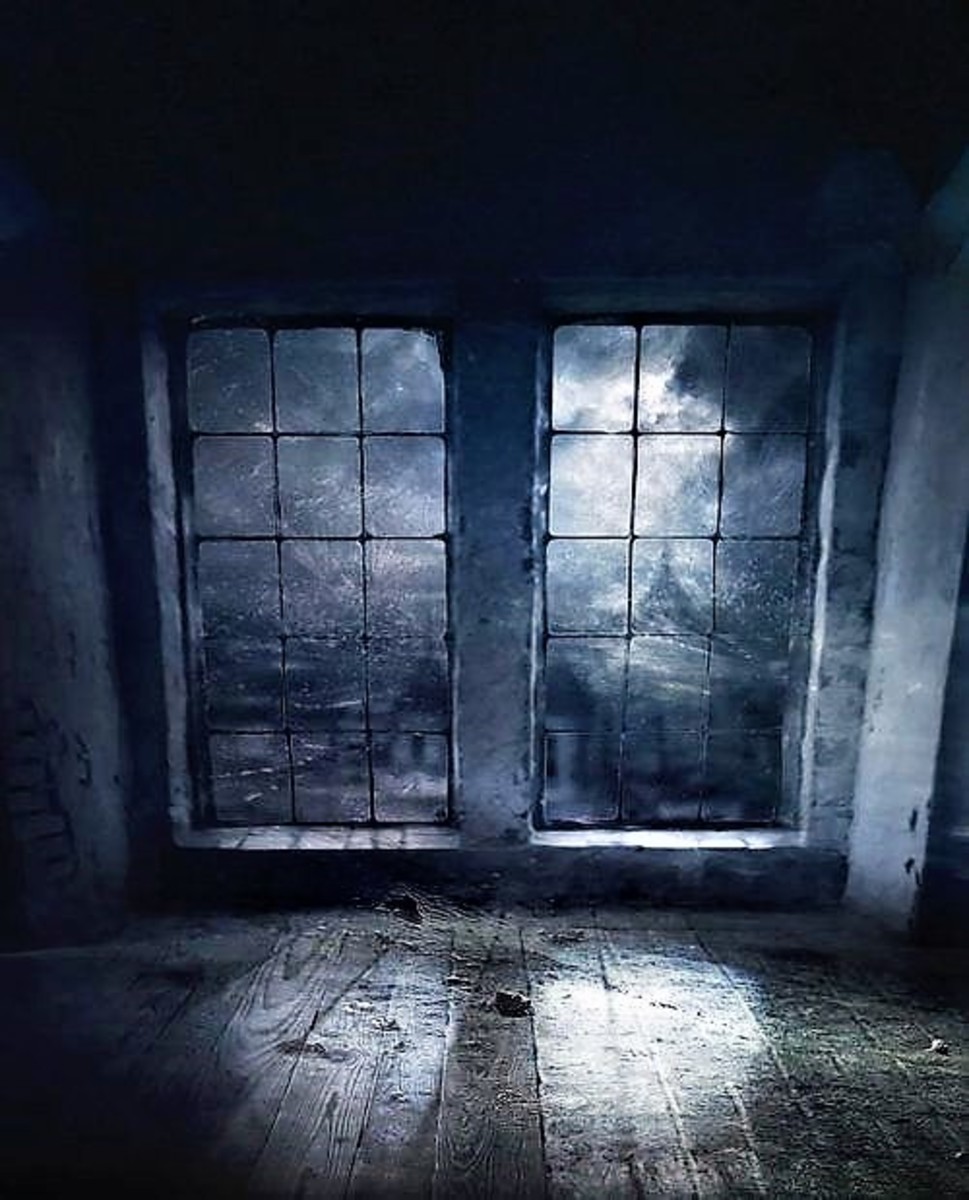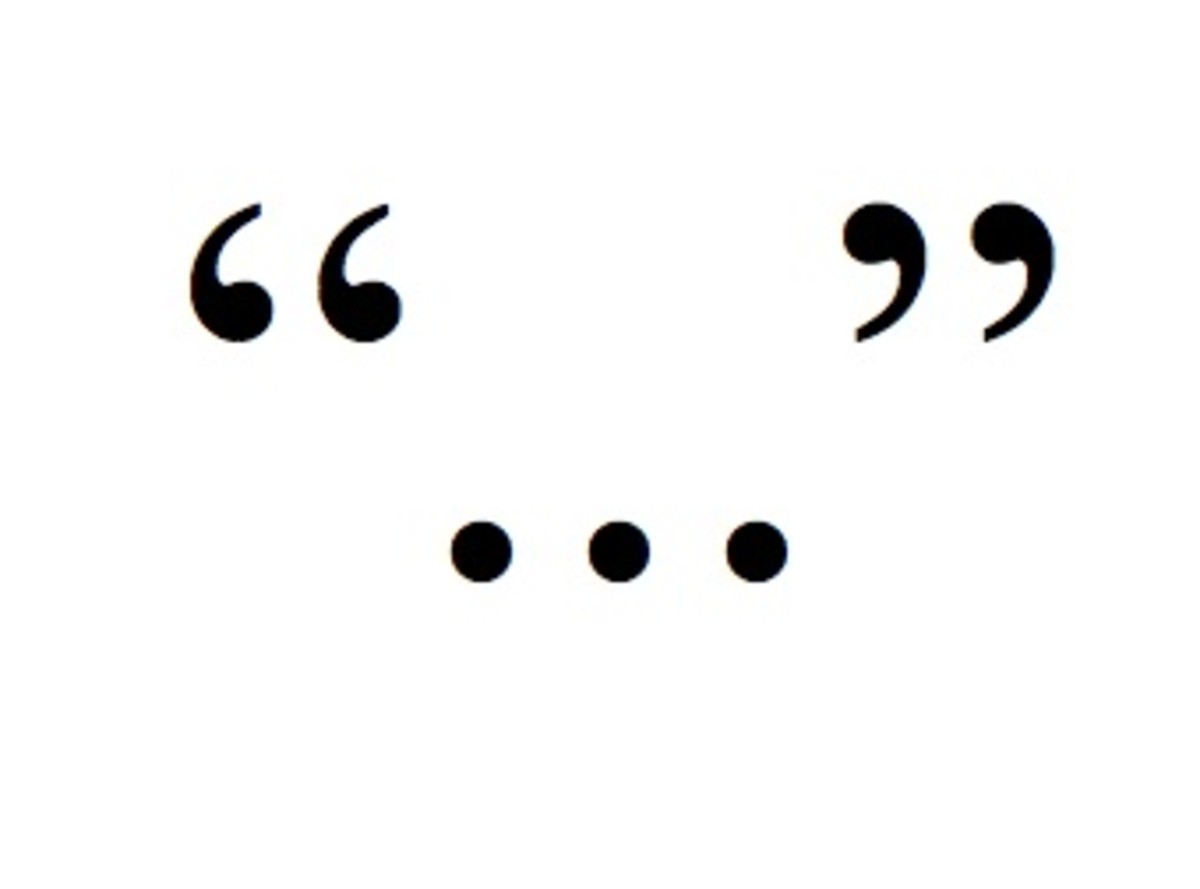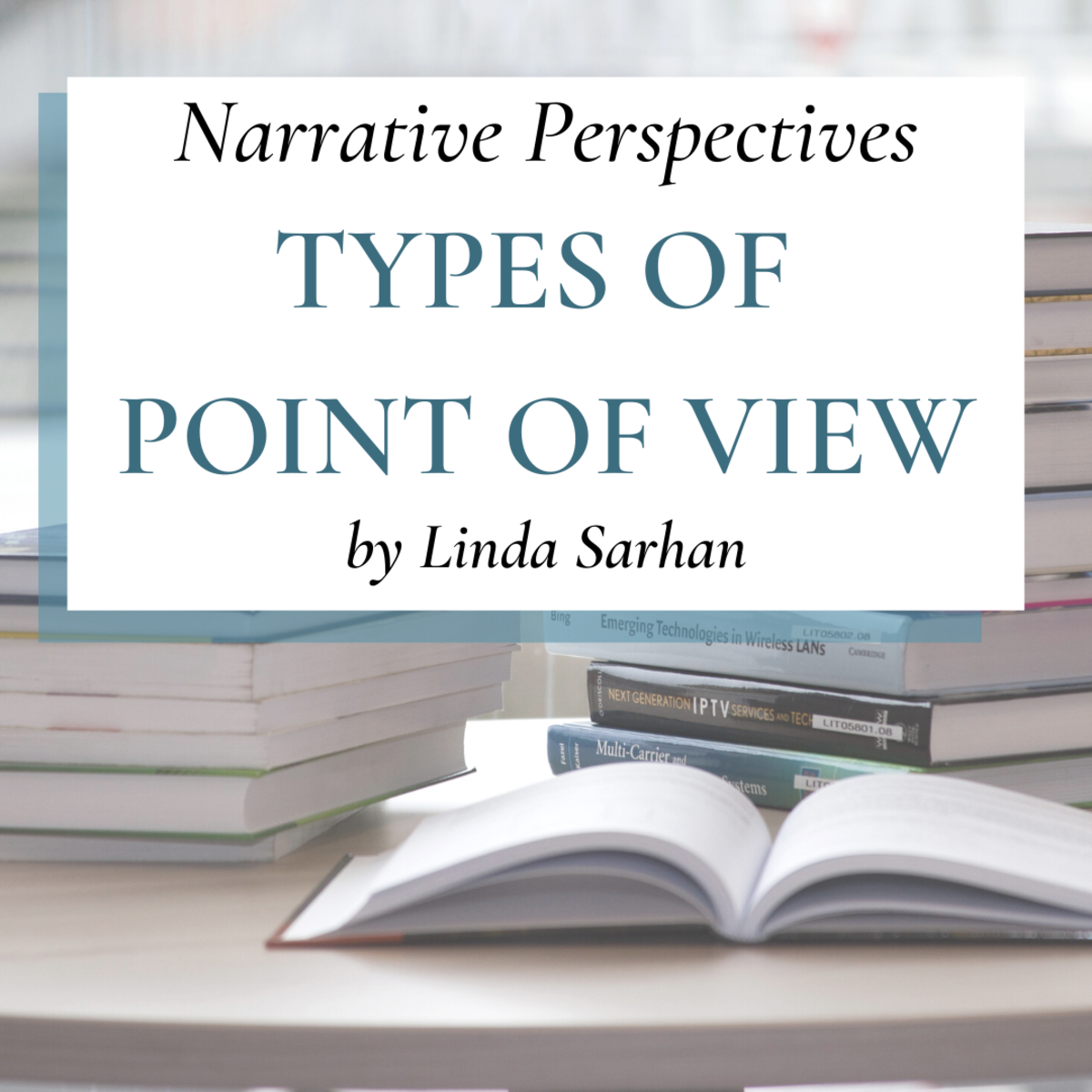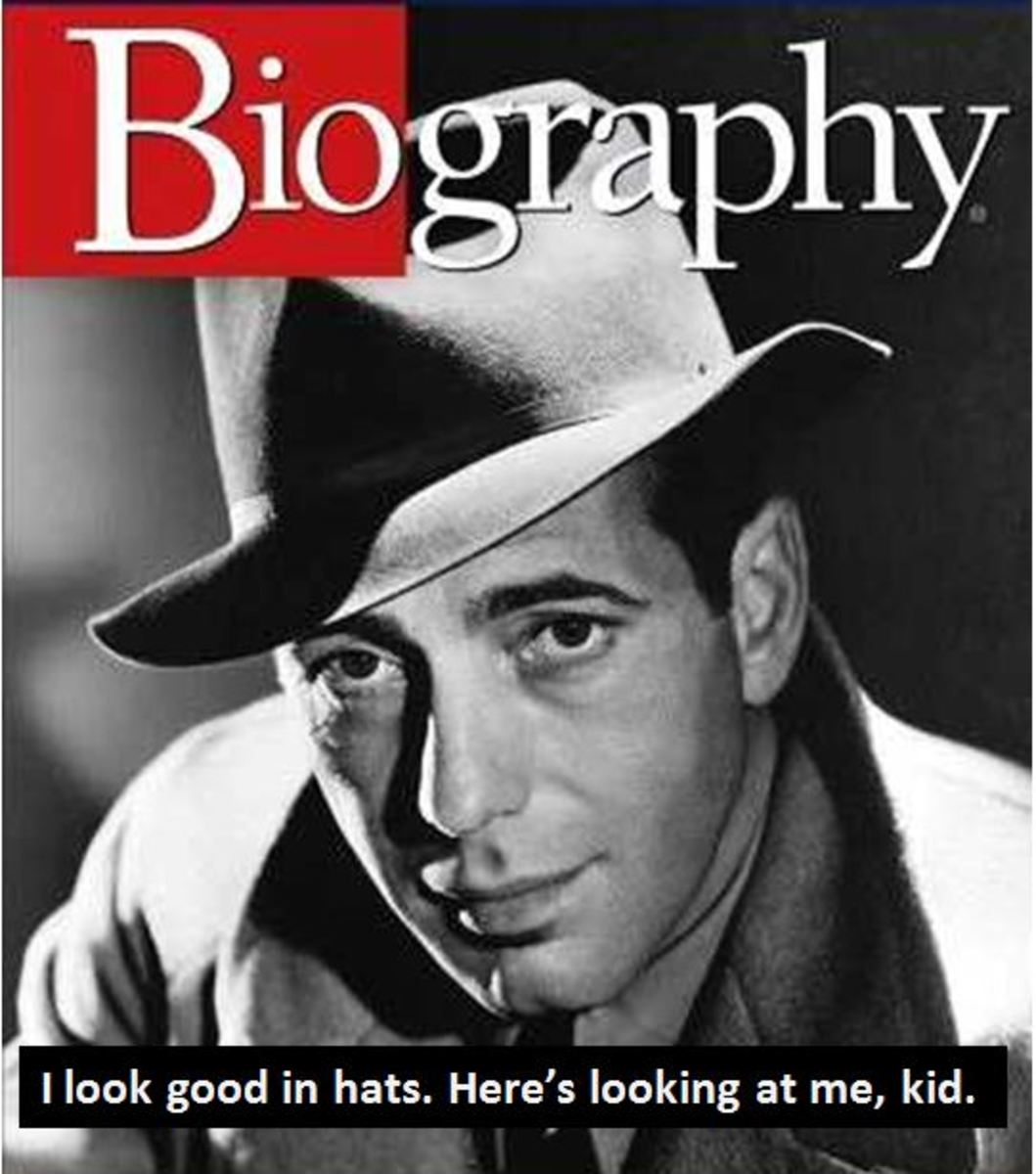Brevity is soul and wit of writing
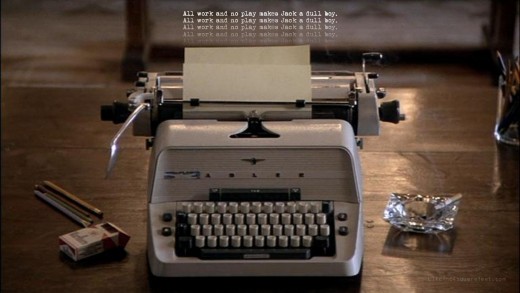
An unwise sentence blurted out nonchalantly affords meaningless conclusion. Therefore people endowing sanity of dimensional values do not accommodate to anything of negative influence. Rather, they advise using words carrying weight of didactic values.
Why?
Because the sane words afford logical conclusion of a subject in discussion.
This is what I believe about brevity in writing. I think brief writing underscores sanity in your creative expression. It delineates sense of logic. It helps your readers get through your message.
I concur, writing must have element of sagacity reflective through concise, optimally-chosen words and standard sentences. Fact is a writing of such nature unfolds etiquette, sweetness and knowledge. People rejoice at sheer gravity of awesomeness of brief writing.
As an avid admirer of brevity, here I am advocating significance of abbreviated writing style.
- Shortened writing affords comprehension, an asset of any writing if you ask me.
- Make it sound pleasing to read out.
- Kids adore writing sugarcoated by brief and fascinating fairy tale with relevant pictures.
- Those (helplessly) susceptible to grammatical mistakes enjoy immunity from such embarrassing menace if they follow short and cut to the point style of writing. To my observation, sentences of unrequired length often commit grammatical suicide. Shorter the sentence, better the presentation.
People these days surface-skim web content. Sentences of unneeded extent, for them, are visibly uninteresting. As a result, web page of your blog receives poor traffic counts. Brevity is recommended as one of the remedial solutions to traffic downslide.
Brief writing benefits -
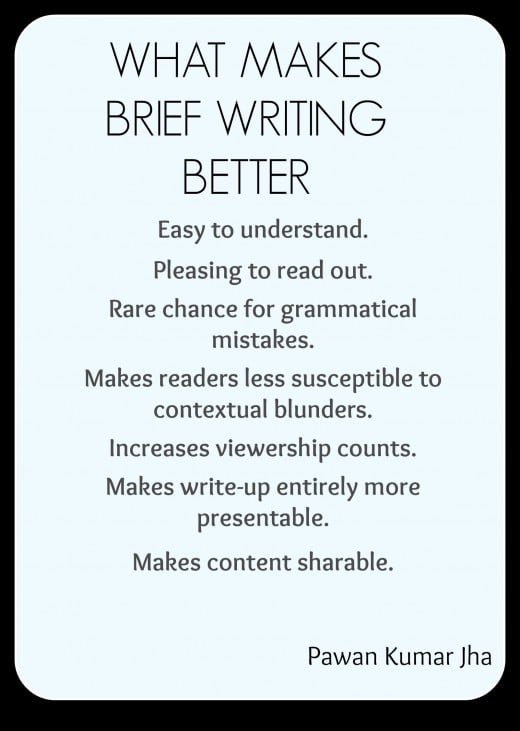
What is ideal length of brief writing?
Write sentence in less than 15 words.
What if I can’t externalize my copious thoughts through brief writing? What if it constricts the expanse of my creative expressions?
To my experience as a writer, I recommend not to abbreviate your writing in the first place.
Keep your manuscript as bloated as you possibly can lest you miss capturing all your important (or even secondary) thoughts.
Figuratively, the feeling is like plunging into swimming pool; going to its underneath world nosing down to its bottom like an airborne Cessna dividing down to surface landing. Once the crave for going deeper is satisfied, you pop your head out of the water.
That’s drafting first manuscript all about!
Once you’re done with it, fine-tune it by pruning or cutting out the unneeded words, parts or useless syntax. Keep pruning till your draft converts into a final manuscript ready for publication on the web.
Suggestion:
Don’t prune hard enough. Too much scissoring of a long ribbon will leave in your hand the tinniest fabric of the cloth, useless for any purpose. Get the drift.
Creative expression will not be constricted through concise writing. As suggested, draft your first manuscript by squeezing every bit of your expansive imagination. Let the manuscript be long-winded. Finished, you can then start editing your written stuff. I must confess, editing is the hardest part I find in my writing. Read out your drafts and take down whatever words or sentences that may sound unfitting. Now publish the edited and complete write-up.
Words of caution:
I believe realistic style of writing, something prompting readers stick to the ground. I abhor writing of suggestively fantasy nature, something that drives readers into the whirlwind of mystique fantasy. For instance, a writing covering medical safety tips for panic attack sounds funny when it suddenly talks about life after death, considering one of the symptoms of the psychological disorder (abnormal heartbeat).
I humbly suggest mind over CHOICE OF WORDS. I have read many articles and blogs in which their writers/bloggers used many words wrongly modified by adverb.
For example, do not write – he ran very fast.
Run is after all RUN, there is always fastness in it.
Similarly, avoid this sentence – he was walking slowly.
Walk is walk and the gait of a person walking is usually slow. Have you seen anyone walking fast? Therefore, using ‘slowly’ is ludicrous.
At last, I am not suggesting my readers to abandon or compromise on their creativity in writing because of the COMPULSION of maintaining brevity. In fact, creative content writing is an art and it therefore should not be compromised based on suggestions telling you how to your writing.
What I mean to say is- just as too many brush-strokes can disfigure a beautiful painting; using too many words can render similar damage to your writing as well.
Will you risk disfiguring your creativity just because you thought it wise in the first place?
My last suggestion – even if you’re done with editing and your manuscript is live on your blog, do not forget occasional reviewing of your “published” content. Also, do not write and edit simultaneously. They usually do not go hand in hand. It will slow down progress of writing an incredible piece. I think editing your draft (if it is too lengthy) one day later will help you tight many loopholes plus reframing many sentences by their relevant substitutions.
Let me conclude with this endnote – brevity is wit and soul of writing. It induces sweetness and readability of your creative stuff. It keeps your readers engaged, thus yielding more retention rate on your website.
I am not trying to promise moon with this suggestion, considering many write-ups fail to earn expected viewership and ranking in search engines despite their brevity. That’s because brevity alone can’t succeed your content marketing. You need to festoon your write-up with relevant images and sources (if you are making any claim).
Brevity works better in terms of helping your readers understand your say easily. If certain words are difficult to read or make out, remove them from your manuscript, or bracket the words with their understandable synonym.
Doing so will fine-tune your writing.



